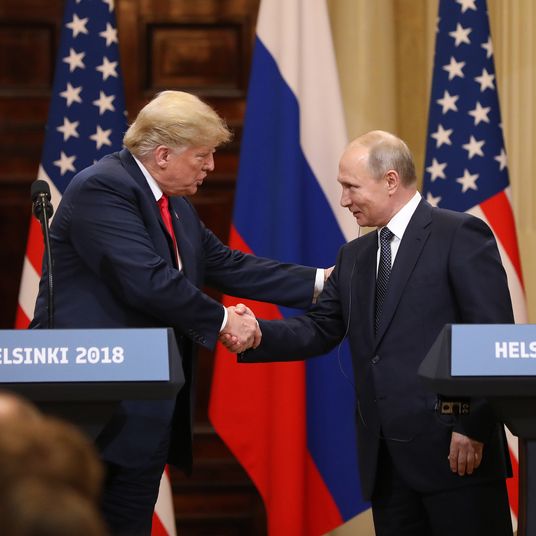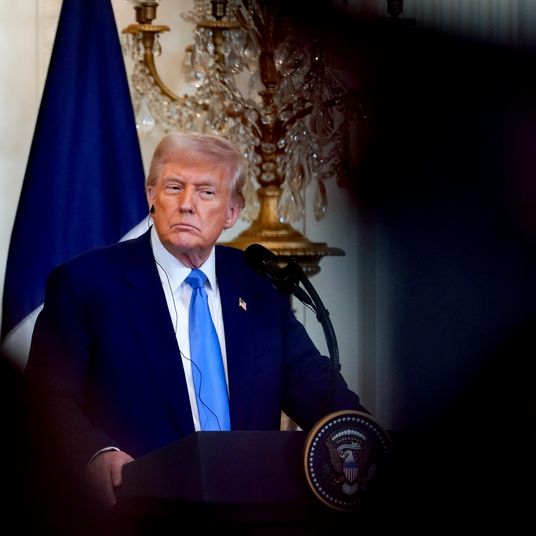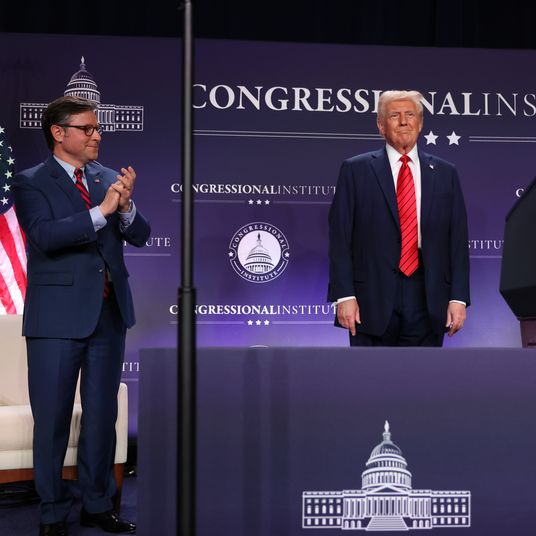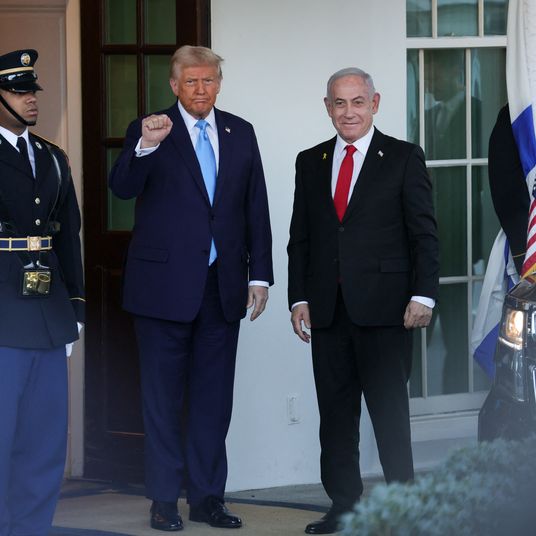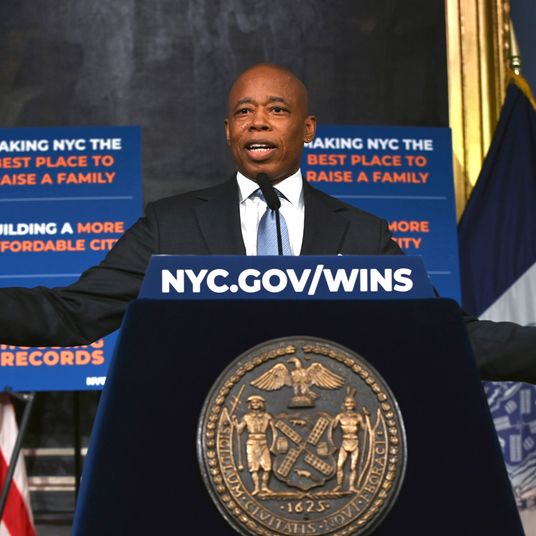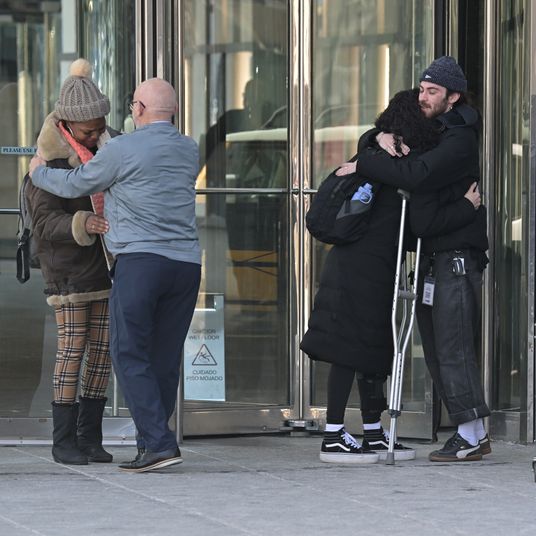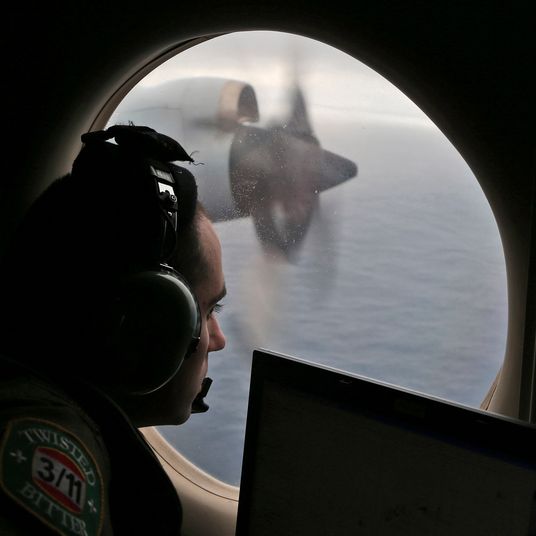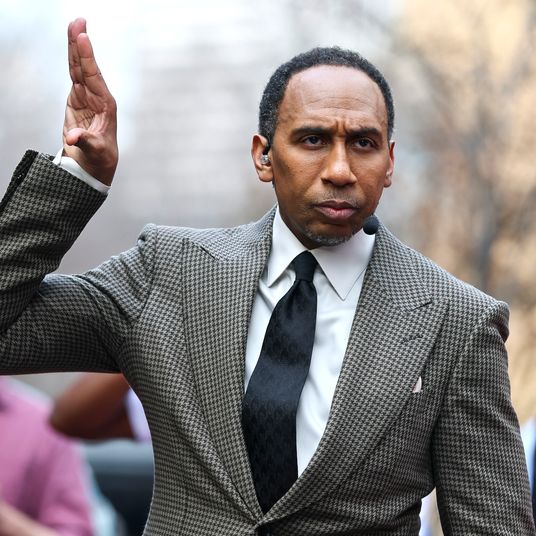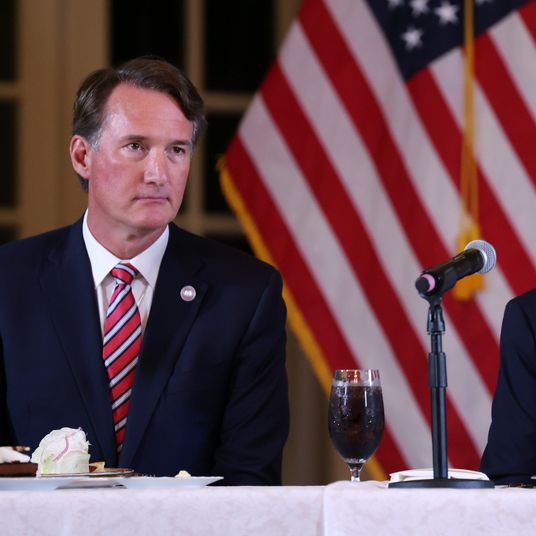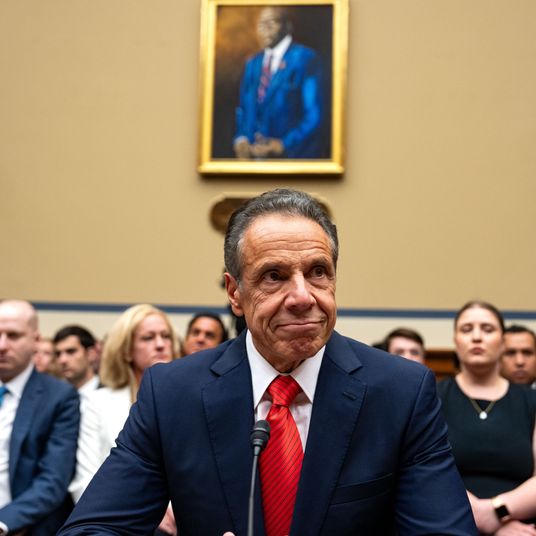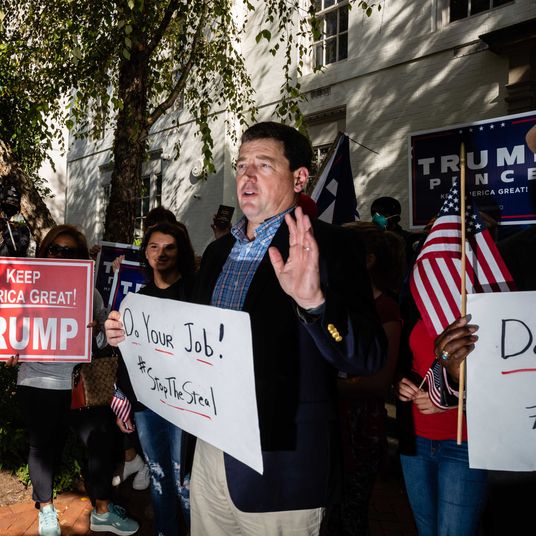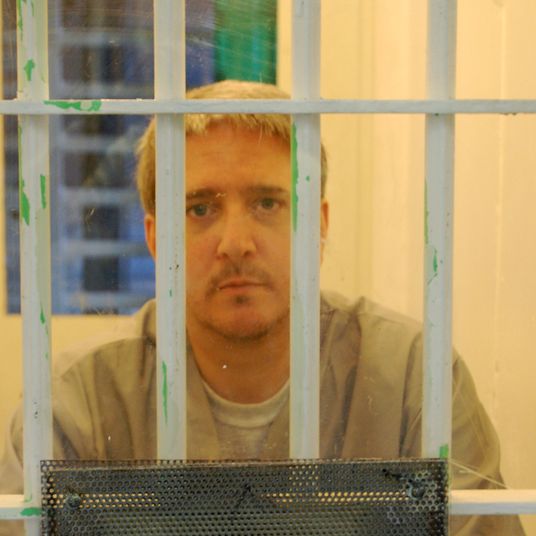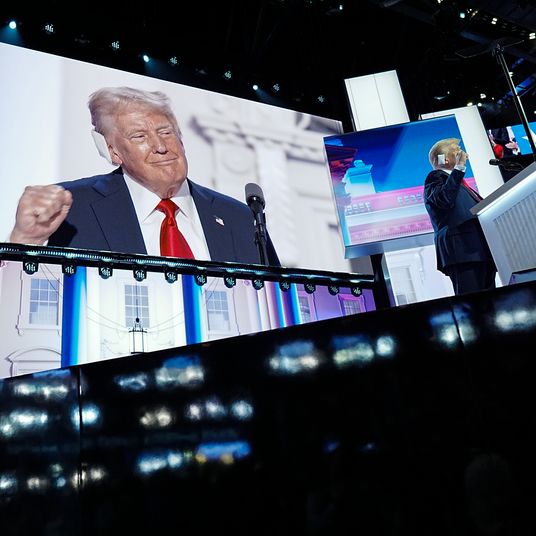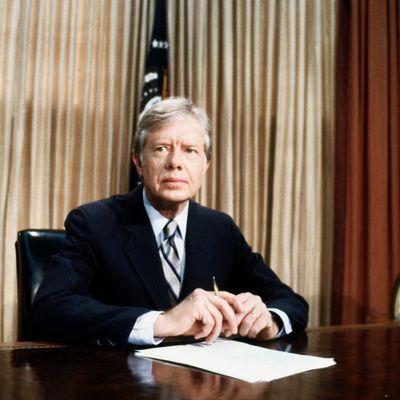
A former Texas lawmaker, compelled by the news of former president Jimmy Carter entering hospice care, has come forward to reveal that there was, in fact, a secret GOP effort in 1980 to prevent Iran from releasing more than 50 Americans hostages until after that year’s presidential election.
Former Texas lieutenant governor Ben Barnes, 85, has told the New York Times that in the summer of 1980, he accompanied his mentor and one-time business partner, former Texas governor John Connally, on a trip to the Middle East during which Connally asked Arab leaders to communicate to Iranian officials that they should not release the hostages before Election Day because if they waited, Ronald Reagan would offer them a better deal. (Connally, at that point a former Democrat, is also known for being the other person seriously wounded during the assassination of President John F. Kennedy in 1963.)
The infamous hostage crisis, which began on November 4, 1979, and lasted 444 days, was an open political wound for Carter, who went on to lose his reelection bid to Reagan. After Iran released the hostages on Reagan’s Inauguration Day, there were immediate suspicions among Democrats that the Reagan team had somehow sabotaged the Carter administration’s efforts in order to deny Carter a late-campaign political win — which Reagan advisers famously dubbed a potential “October surprise.” The most prominent theories, like the one put forward by former Carter national security aide Gary Sick in the early ’90s, alleged that William Casey, Reagan’s campaign chairman who went on to become the director of the CIA, had orchestrated the sabotage and made a deal with Iran, but as the Times notes, subsequent congressional investigations never turned up proof.
Barnes, a Democrat who was once the speaker of the Texas House of Representatives, told the Times that there was no doubt in his mind that the purpose of Connally’s trip was to get a message to Iran. He also said that they communicated with the Reagan team during the trip, and that after they returned to the U.S., Connally — who wanted to be Reagan’s secretary of State — briefed Casey on the trip:
Mr. Barnes said he was certain the point of Mr. Connally’s trip was to get a message to the Iranians to hold the hostages until after the election. “I’ll go to my grave believing that it was the purpose of the trip,” he said. “It wasn’t freelancing because Casey was so interested in hearing as soon as we got back to the United States.” Mr. Casey, he added, wanted to know whether “they were going to hold the hostages.” …
They traveled to the region on a Gulfstream jet owned by Superior Oil. Only when they sat down with the first Arab leader did Mr. Barnes learn what Mr. Connally was up to, he said. Mr. Connally said, “‘Look, Ronald Reagan’s going to be elected president and you need to get the word to Iran that they’re going to make a better deal with Reagan than they are Carter,’” Mr. Barnes recalled. “He said, ‘It would be very smart for you to pass the word to the Iranians to wait until after this general election is over.’ And boy, I tell you, I’m sitting there and I heard it and so now it dawns on me, I realize why we’re there.”
“History needs to know that this happened,” Barnes explained to the Times. “I think it’s so significant and I guess knowing that the end is near for President Carter put it on my mind more and more and more. I just feel like we’ve got to get it down some way.” Barnes said he had kept the details of the trip secret because he didn’t “want to look like Benedict Arnold to the Democratic Party.”
Casey and Connally are no longer alive to comment on Barnes’s bombshell, but the Times confirmed Barnes accompanied Connally on a July 1980 trip to six countries in the Middle East, and spoke with four still-living people whom Barnes had previously shared the story with. The Times report stresses that there is no evidence Reagan was aware of the effort, or that Casey directed it, but Barnes’s admission nonetheless provides compelling evidence that Reagan operatives — or at the very least, Connally — did in fact conspire against Carter and U.S. foreign policy for political gain and may have prevented an earlier release for the hostages.
This post has been updated.







